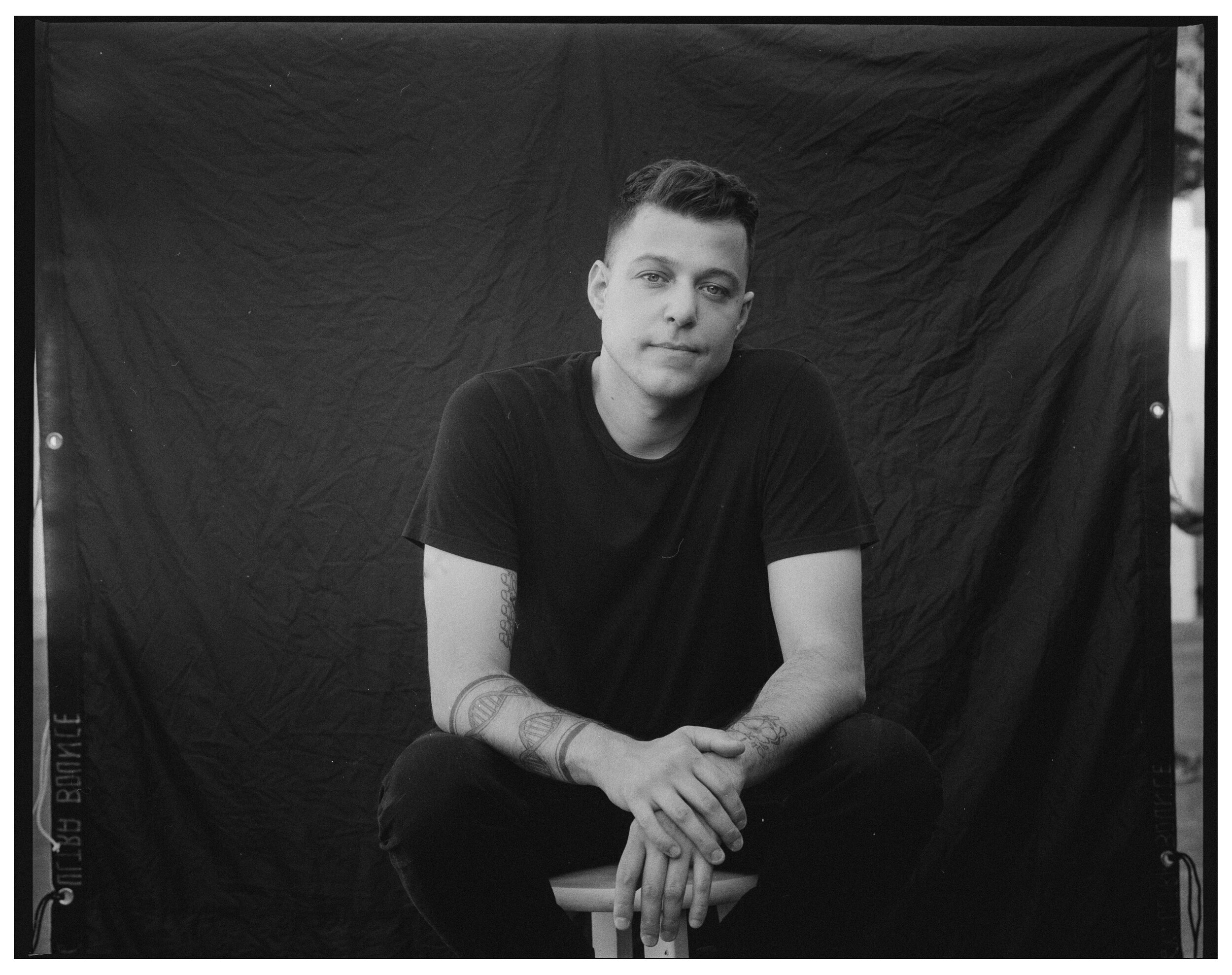by alex grainger
photo by annie noelker
Dylan Dunlap dropped his latest single “Could Have Been Ours” on August 19th. The second single released as part of a larger collection, “Could Have Been Ours” is the true embodiment of who Dunlap is as an artist. His smooth vocals share the vulnerable story of “one-way relationships in the industry.” Read more about “Could Have Been Ours” and Dylan Dunlap below!
Can you tell us what “Could Have Been Ours” is about?
Dylan: “‘CHBO’ is about one-way relationships in the industry. I’ve had to learn the hard way that no matter how much I believe in the future and longevity of my career alongside the ability to change the way the world sees mental illness through music, I can’t force others to feel the same way. I’m grateful to say that my musical brothers and I have kept our heads down to put in the work and channel all that frustration in the healthiest way possible.”
What was the creative process behind “Could Have Been Ours?”
Dylan: “A majority of my friendship with Kirk Adolph has been long distance. Turns out it’s a state of mind! He has since moved back to LA, but I used to love driving out to visit him and his wife Kiley in Arizona. Last year on one of the trips we tapped into some serious magic over the course of 72 hours. We just couldn’t stop. It was too much fun demoing out our feelings into what felt like the ultimate heartbreak anthem. With the lyrical help of our friend Kevin Griffin via Zoom, the infinite cuddles with the adorable puppies Kirk and Kiley were fostering, and the most satisfying celebratory late-night drive for fast food to listen to the official bounce before my drive back, this might be one of my favorite memories of all time. And it doesn’t stop there! We then recruited our good friend Jordan Sherman (Shaman Sherman as we at DD HQ call him) to co-produce the entire project with us. As producers, our main goal has been to honor the essence of what makes a Dylan Dunlap song, while still finding every opportunity to improve the overall sound and grow it as a team.”
What is the message you are sending to listeners of “Could Have Been Ours?”
Dylan: “Do what you love with who you love.”
“Could Have Been Ours” is about experiencing frustration within relationships. Was this single written in the moment of these emotions or was it a reflection of the moment?
Dylan: “This song was equally written in the moment as it was out of it to serve as a time capsule of an entire relationship.”
Looking back now, has this song taught you to approach situations within your relationships differently?
Dylan: “I just feel so much stronger now. I’m finally able to recognize that the only person that needs to fully believe in me is myself, so I guess I’m approaching my relationship with me differently.”
Do you have a favorite lyric in “Could Have Been Ours” that you feel is especially powerful or meaningful?
Dylan: “It’s all so raw, but I think ‘we both know you could just replace me in a moment’s notice’ is such a cool line. I used to convince myself not to write from an honest place out of fear of sounding disrespectful, but in that I silenced myself and my own experiences. Proud to say I’ve come a long way!”
How would you describe your sound? How has it changed from the beginning of your career to the release of “Could Have Been Ours?”
Dylan: “This is me now. Starting with ‘Still Here,’ ‘CHBO,’ and everything after, I’m finally writing and producing in a way that I feel truly represents me as an artist and human being. If anybody wants to know what it sounds like, feel free to take a listen on the streaming platform of your choice and stay tuned because it just get better and better every five weeks.”
Why did you decide to release “Could Have Been Ours” as the second single ahead of the larger collection coming out?
Dylan: “There are two orders in my brain when I approach an upcoming campaign: the single release order and the tracklist order. Both are conceptualized in their own regard for the listener.”
You are an advocate for raising awareness around mental health. You’ve received the “Fighting Stigma Rising Star” award from the National Alliance on Mental Illness and partner with countless organizations. What does being an advocate for the mental health community mean to you? How do you plan to continue to advocate for the community?
Dylan: “Like so many people in this world, I struggle severely. Every day feels like an absolute nightmare from hell as much as it feels good to be alive, fighting, and surviving. I’ve spent my entire life being treated like nothing ever happened and that nothing’s ‘wrong with me,’ so using my platform to spotlight my experiences with mental illness authentically is the very least I can do. Hopefully we can all try and leave this place 1% better than we found it.”



